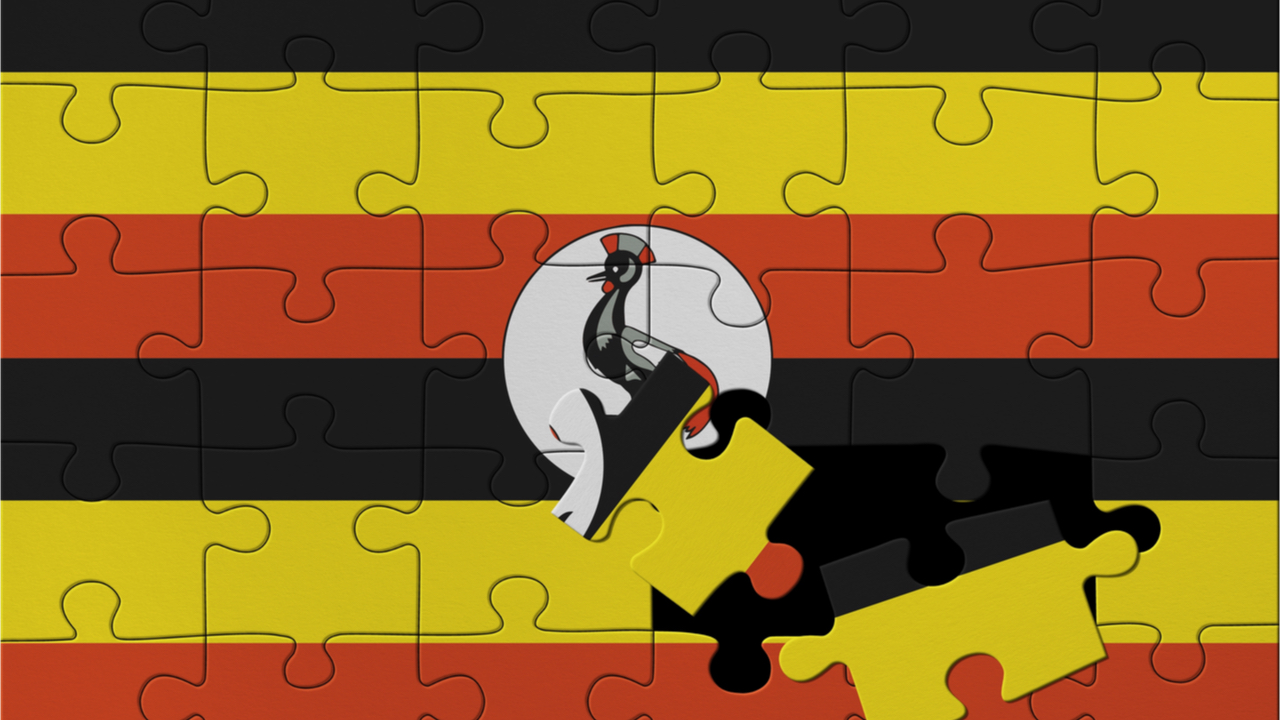
Education and awareness campaigns are still viewed as important channels that draw people to cryptocurrencies and blockchain. This has been particularly true in some parts of Africa where bitcoin and other cryptocurrencies are proving to be a useful alternative to fiat currency.
Blockchain Education and Advocacy From Uganda
Despite a surge in the use of blockchain technology and cryptocurrencies that started with the pandemic-inspired lockdowns, many people, particularly in Africa, are still unfamiliar with these technologies.
To bridge this knowledge gap, many blockchain enthusiasts in Africa have chosen to focus their efforts on educating their fellow countrymen on the basics of the blockchain. In Uganda, blockchain enthusiasts Daniel Mulondo and Killian Mugenyi have created a platform called Nileone, which not only aims to educate but also to help raise awareness about potential crypto scams.
In an interview with Bitcoin.com News, Mugenyi explains how their efforts to raise public awareness are yielding positive results. He also gives his opinion on issues ranging from central bank digital currencies (CBDC) to ongoing efforts by Ugandan authorities to regulate digital assets. Below are Mugenyi’s written responses to Bitcoin.com News regarding questions sent to him via Whatsapp.
Bitcoin.com News (BCN): You are one of the few figures in Africa involved in crypto/blockchain education and advocacy. Can you explain why you have chosen to be involved in this work?
Killian Mugenyi (KM): The reasons why I and my partner decided to focus on crypto/blockchain education and advocacy was mainly due to:
– The countless scams and Ponzi schemes have created a negative reputation for the industry.
– Sensitize the masses about crypto & blockchain in order for them to see the value and opportunities the industry can avail.
– Develop the skills of those entering the market for a sustainable and long term vision of building, growing and sustaining the industry with skilled labour that understands the dynamics of this new but highly relevant industry.
BCN: Is this work making any difference?
KM: Indeed our work is making a huge difference and we’ve achieved quite a lot. We’re having more people joining the academy and more are sharing testimonials about the knowledge as well as the successes acquired thanks to our programmes. Institutions, foundations, government entities and many other organizations are also reaching out. Many want to learn and to understand how they can capitalize on this new industry opportunity which has been misunderstood [to be] a get rich quick scheme. We have also focused more on the online training platform that we are currently revamping in order for it to meet the growing demand and enable better delivery, especially during this Covid period.
BCN: In the past year, it was reported that the Ugandan regulator, the Financial Intelligence Authority, wanted the Ministry of Finance’s help in formulating the appropriate crypto regulatory framework. Do you know if there has been movement on this issue?
KM: As far as regulatory frameworks are concerned, the progress there has been slow as leaders are taking a cautious approach. They are seeking better guidance from industry experts which is where we hope to come in and help draft these regulations. We also hope to assist regulators by extending our support towards efforts that are aimed at helping establish regulatory clarity for crypto/blockchain in Uganda. Just recently we had some positive news where “The Akon City” project was allocated land to start building. This decision is encouraging and helps drive our quest to see increased adoption of crypto/blockchain.
BCN: Still, on the same issue, Bitcoin.com News reported that the Ugandan Blockchain Association had endorsed the calls for the country to create this regulatory framework. Can you tell our readers why you think it is important for the Ugandan blockchain industry to have this regulatory framework in place?
KM: The purpose of a regulatory framework is mainly aimed at providing clarity and fostering the adoption of blockchain technology with minimal disruption of the economy. With proper regulations and policies, we can attract investors and grow the local participation in the industry, and institution involvement would definitely be increased thus benefiting everyone and providing opportunities that will help the educated but unemployed youth who constitute the largest portion of the population.
BCN: In 2021, the Bank of Uganda launched a regulatory sandbox and at that time one fintech startup had been included in this sandbox. Do you know if other fintechs have since been added to the sandbox?
KM: The fintech space in Uganda is quite young with few notable players like Nileonegroup. We are building a platform that will attract international players that will work with us to provide quality services to governments, institutions and individuals that are looking to explore crypto/blockchain opportunities. That said, there’s little information regarding progress in regulations but we are building capacity that will help accelerate this effort once we are engaged by the government and regulators like the Bank of Uganda and other African nations.
BCN: Last year, the Central Bank of Nigeria launched its digital currency, the e-naira, while many other central banks in Africa have signaled their intentions to launch their own CBDCs — or to at least explore the benefits of having one. In your opinion, is this rush to launch CBDCs a good thing for crypto?
KM: CBDCs have many advantages such as simplifying the process of implementing monetary policy and government functions. Many functions like distribution of benefits or calculation and collection of taxes can benefit from automation and increased efficiency. CBDCs however, does not solve the problem of centralization because they will still be controlled by, for example, central banks. With that said, I don’t think we as Africa and in particular, Uganda is ready for these developments until we have the right policies and frameworks to regulate and support those trying to build the required infrastructure and workforce for sustainable adoption of crypto/blockchain.
BCN: Lastly, reports of crypto-related scams have continued to dominate headlines despite efforts by yourself and others that hope to see cryptocurrencies being used in everyday life. What else do you think needs to be done in order to reduce or limit the number of investors that fall victim to high profile crypto Ponzi schemes like MTI or Pinkcoin?
KM: I can tell you that our efforts to educate the masses about crypto/blockchain have made a big impact. More people are starting to understand what crypto really is, its application as well as opportunities. People are also becoming more cautious and aware before investing in potential Ponzi schemes and scams and better yet, they have a trusted party that is Nileone where we offer free light consultations on such (scam) projects. We also help to raise awareness on how to avoid (crypto scams) since these are proving to be a major deterrent to adoption.
What are your thoughts on this interview? You can share your views in the comments section below.

You can get bonuses upto $100 FREE BONUS when you:
💰 Install these recommended apps:
💲 SocialGood - 100% Crypto Back on Everyday Shopping
💲 xPortal - The DeFi For The Next Billion
💲 CryptoTab Browser - Lightweight, fast, and ready to mine!
💰 Register on these recommended exchanges:
🟡 Binance🟡 Bitfinex🟡 Bitmart🟡 Bittrex🟡 Bitget
🟡 CoinEx🟡 Crypto.com🟡 Gate.io🟡 Huobi🟡 Kucoin.
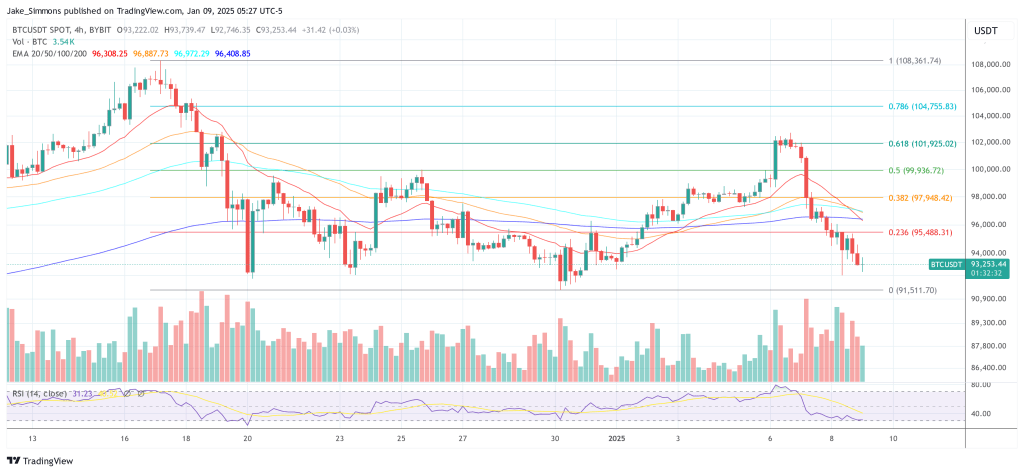
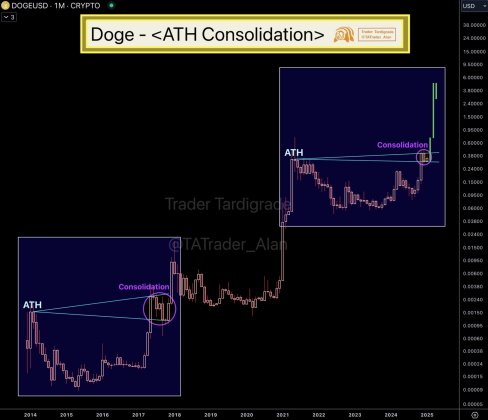


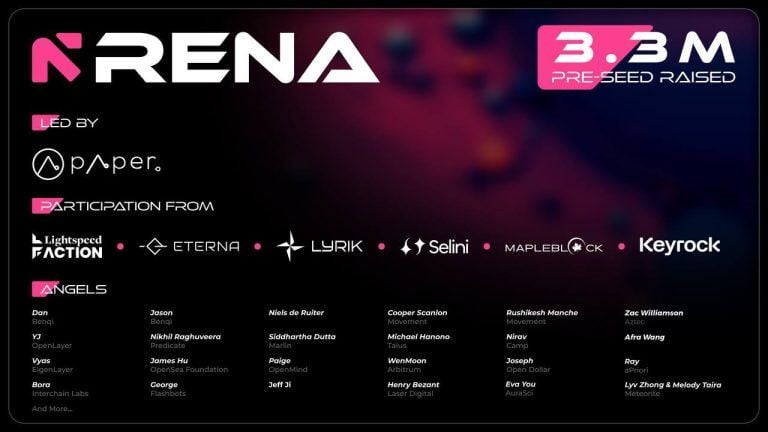


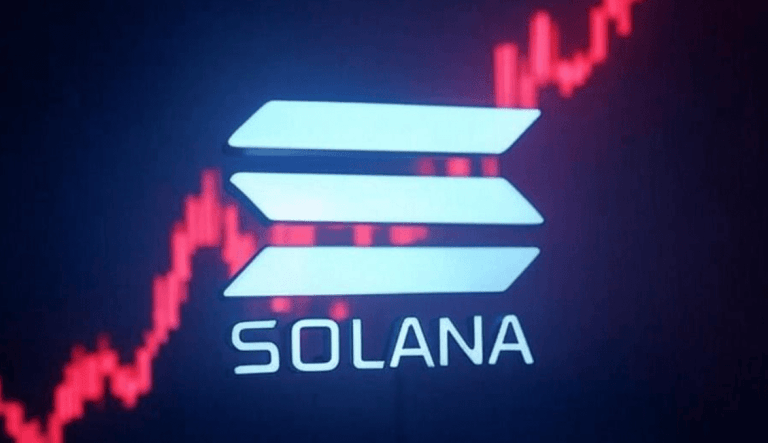

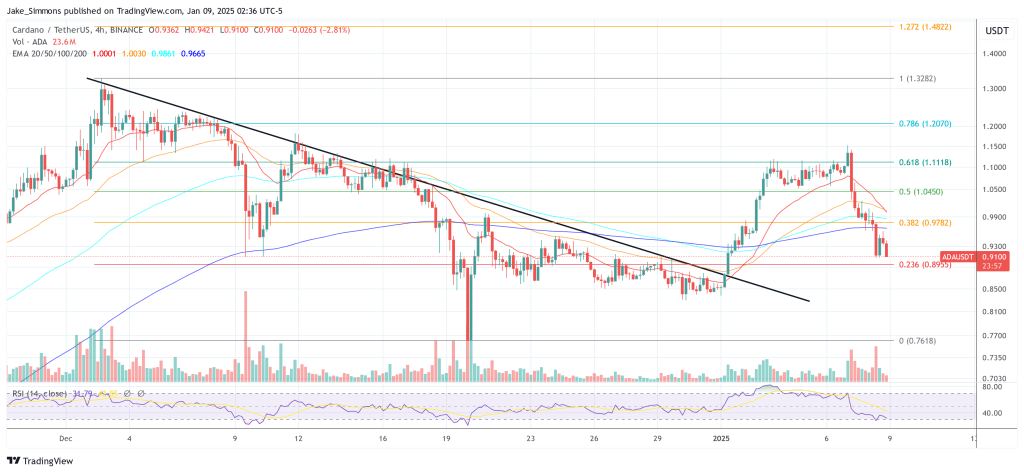
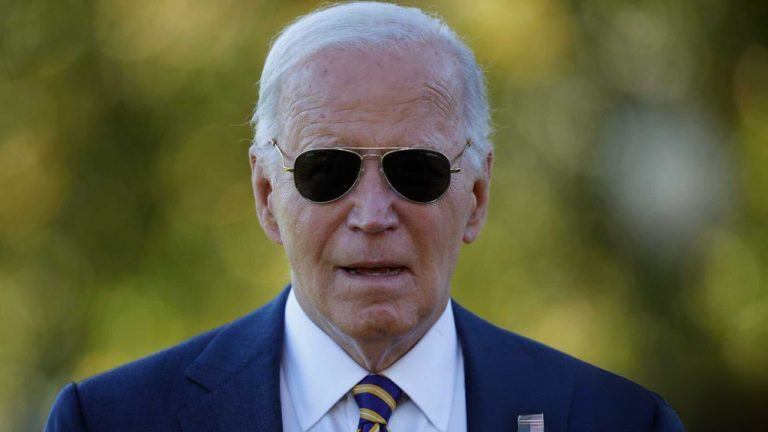

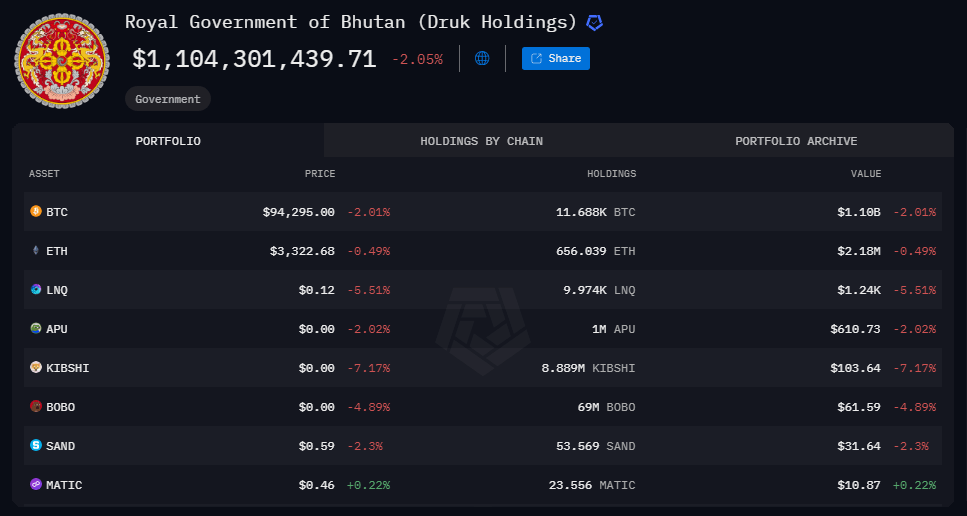







Comments